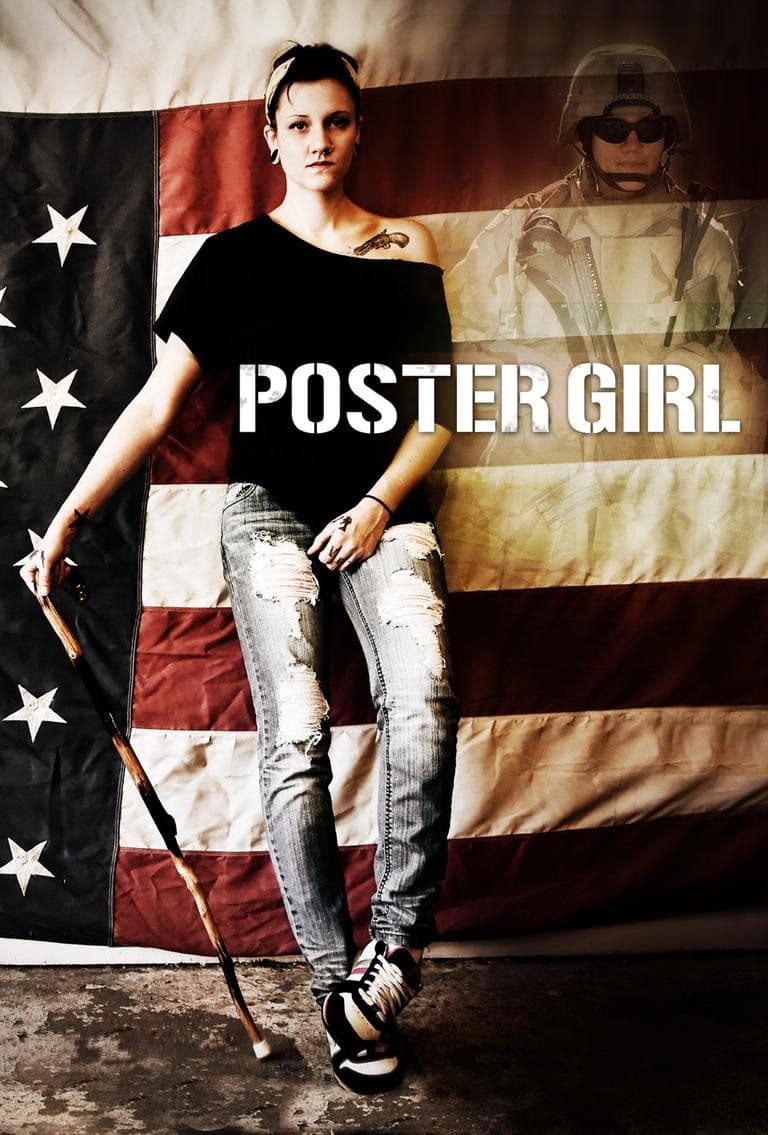Advertisement
Documentary Depicts Disenchanted Army 'Poster Girl'
http://www.youtube.com/watch?v=ojqLX3iyjSo&feature=player_embedded
Robynn Murray is an all-American girl from upstate New York who enlisted in the Army, headed off to Iraq, ended up as a gunner on top of a Humvee; she was even photographed for the cover of Army magazine.
After she returned home, Murray fell into an abyss.
"(The Army) was a very hard way to live, but at that time we didn't really have any choice but to adjust to it," Murray said. "Everything that kind of happened while I was there sank in when I got home."
She couldn’t fit in to her old life. She drank, took drugs and became suicidal.
Her story is told in "Poster Girl," a powerful documentary about the ravages of war and the mental toll caused by post-traumatic stress disorder.

"I was thinking to myself, 'I'm not going to fit in here,'" Murray said. "Then I would dream about it at night and for about two years wanted to forget about it, but not even my body would let me because I started having anxiety attacks."
The documentary is just one of the films with a Boston connection nominated for an Academy Award — this one for "best documentary short." It was directed by first-time filmmaker Sara Nesson, who grew up in the Boston area.
For many Americans, the wars in Iraq and Afghanistan seem distant and their effects aren't often felt close to home. Nesson wanted to change that.
"I did want to show that Robynn (Murray) was just like everyone else," Nesson said. "She's from a small town, she was a cheerleader, she was a volunteer firefighter, she did really well in school, she was a Merit Scholar. I mean, she was doing everything that she could to make a life for herself and war really messed her up."
Advertisement
The film shows Murray stuggling through her everyday life and offers a powerful portrait of post-traumatic stress disorder. It also makes a strong case against war. It shows a strong, all-American girl grappling with the devastating mementos that soldiers return home with.
"I wanted to put the camera down and hold her, but I also knew that the whole point of me being here was to show what this was like — that right here was the face of PTSD," Nesson said. "If I put the camera down it kind of defeated the whole purpose of what I was doing."
Eventually, with the help of counseling, Murray began to heal.
"The biggest thing that helped me was just working with other veterans doing art — that's when I had the time to process my experience in my own terms and not someone else's," Murray said. "I still have PTSD, of course, it doesn't go away, but I have the coping skills to deal with it."
"(Murray) was doing everything that she could to make a life for herself and war really messed her up."
Sara Nesson, filmmaker
Murray's story is all the more powerful when you realize it's just one of hundreds of thousands of identical stories being played out in the homes of veterans across the country.
"I think, in a way, the film allows Robynn to heal," Nesson said. "Maybe that's presumptuous of me to say, but from my own vantage point I witnessed Robynn going through a huge healing journey."
Murray wanted to share her story, in part, to show the world that the pain caused by war doesn't end on the battlefield. Nesson forced her to confront her demons and show her pain to the world.
"(Nesson) wanted to know everything, so I didn't have the opportunity to push things down anymore — I couldn't hide it," Murray said. "I was just so mad, I wanted everyone to know."
Guest:
- Sara Nesson, director, "Poster Girl"
- Robynn Murray, U.S. Army veteran and the subject of the movie
This segment aired on February 25, 2011.